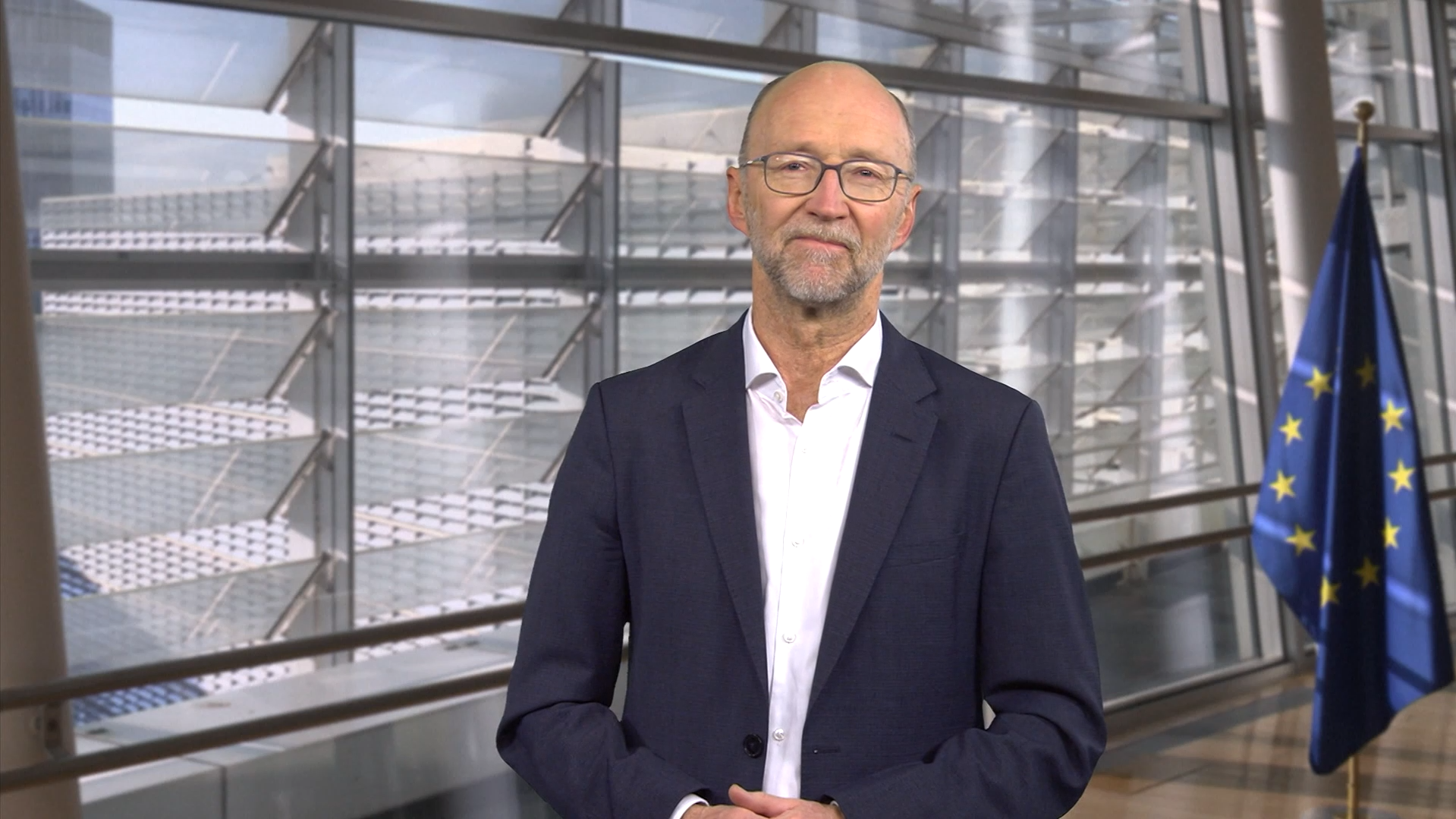The annual Erasmus General Meeting held in sunny Seville, brought together 1500 attendees from across Europe. Our Research Manager, Arunima Dey, joined other researchers, educators, and policymakers as they engaged in insightful discussions on critical topics shaping higher education. Here are our key takeaways from this enriching event:
1. Diversity Done Right
Over the years, the type of students have become more diverse than ever this means that with a unique cohort of students also come with their unique new barriers, thus highlighting the importance of adapting Erasmus programmes to cater to their specific needs. This could involve tailored support systems, cultural sensitivity training, and proactive measures to address any potential challenges they may encounter.
2. Inclusivity Across Intersectionalities
The conference placed a strong emphasis on inclusivity, aiming to create an exchange/academic environment where students from all economic backgrounds, ethnicities, genders, sexual orientations, and abilities feel welcomed and supported. This was evident through dedicated panels, sessions, and interactive formats such as campfire chats and knowledge hubs, featuring expert speakers who discussed what really means to be inclusive and the role of ESN in achieving this.
3. The European Degree Initiative
The conference provided insights into the development of a "European Degree," signaling a significant step towards harmonising and elevating the mobility aspect of higher education across EU countries. Discussions centered on the initial stages of policy formulation and transnational cooperation necessary to realise this vision. The emphasis was on collaborative efforts among EU member states to standardise education and mobility policies. This initiative reflects the ongoing commitment to strengthen the European higher education landscape and promote academic integration across borders.
4. Navigating Uncertainties in Internationalisation
The conference addressed the challenges posed by rapidly changing policy landscapes and upcoming European elections, which introduce uncertainties regarding the future of higher education internationalisation. Trend analysis from The Class suggests that global economic decline may impact the mobility numbers of international students. Key takeaways emphasise the importance of proactive engagement with policymakers and student organisations to mitigate potential barriers and uphold the principles of inclusivity and accessibility in higher education mobility programs for all students.
5. Promoting Civic Engagement for International Students
Another significant aspect highlighted at the conference was the importance of making international students feel at home within their host communities and cities. Many international students tend to remain within the "international bubble" during their exchange period or studies abroad. To address this, ESN championed the idea of civic engagement as a means to integrate international students into the local community. The aim is to create avenues for international students to experience community-centered learning and participate in community service activities to have a valuable form of culturable exchange along with sense of belonging.
Conclusion:
The Erasmus General Meeting reaffirmed a commitment to a vibrant, inclusive, and interconnected European higher education landscape. As uncertainties persist, it is important for stakeholders to continue championing diversity, mobility, and civic engagement for all students.





